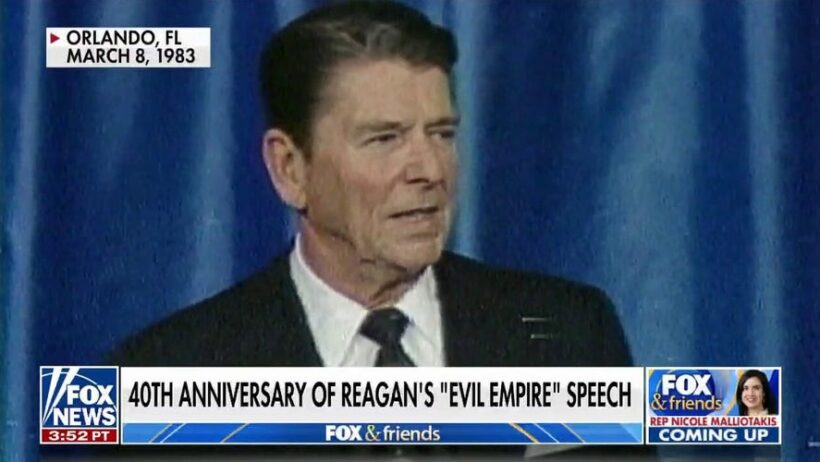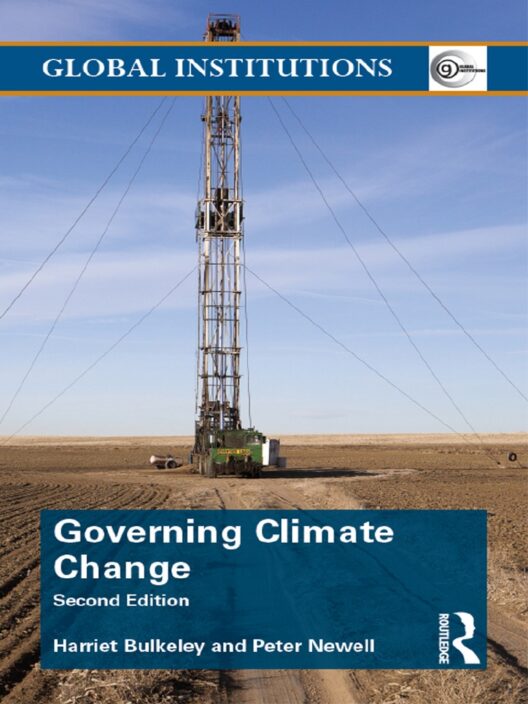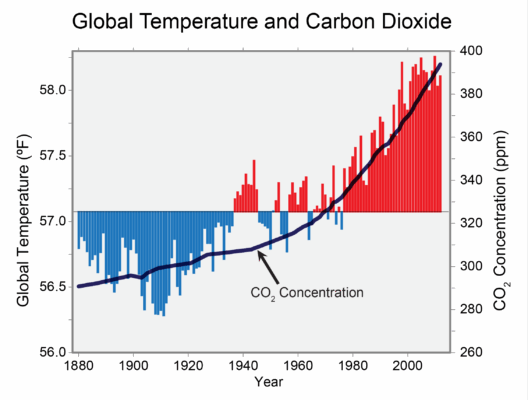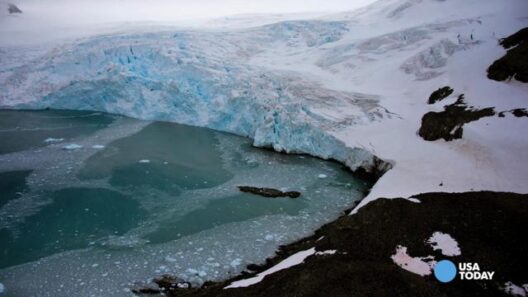In the cacophony of political discourse surrounding climate change, Ronald Reagan’s approach to environmental issues was both emblematic of his era and uniquely prescient. As a former actor turned politician, Reagan’s ascent to the presidency in 1981 coincided with heightened awareness of ecological degradation. His perspective on climate change is a vital chapter in the narrative of American environmental policy. This exploration delves into Reagan’s views on global warming, revealing a tapestry of ideology, scientific skepticism, and political pragmatism.
To understand Reagan’s stance, one must first grasp the context of the early 1980s. The environmental movement had gained significant traction during the 1970s, catalyzing landmark legislation such as the Clean Air Act and the Environmental Protection Agency’s establishment. Yet, amid this progressive backdrop, Reagan campaigned on a platform that frequently revered deregulation and economic growth as primary imperatives. This ideological backdrop birthed a complicated relationship with environmental stewardship.
A pivotal moment in Reagan’s presidency was his engagement with the scientific community regarding climate change. In 1984, a time when the phenomenon of global warming was gaining attention, he famously remarked, “I do not foresee that there will be any new regulation of the environment.” This statement reverberated through the corridors of environmental academia and advocacy, inciting both applause and panic. To Reagan, the specter of governmental intervention in private enterprise was a far more pressing concern than the burgeoning crisis of climate change.
Yet, amidst the shadows of skepticism lay moments where Reagan’s awareness of ecological issues surfaced. Underneath his resolutely pro-business persona, there were glimpses of acknowledgment regarding the necessity of preserving the environment. The establishment of the Presidential Task Force on Global Climate Change in 1988 attested to some degree of recognition that global warming merited consideration. This initiative sought to reconcile economic pursuits with environmental responsibility, highlighting the administration’s ambivalence about climate discourse.
Interestingly, Reagan’s presidency witnessed the emergence of the National Aeronautics and Space Administration (NASA) programs dedicating resources to Earth observation. The 1985 discovery of the Antarctic ozone hole was a catalyzing event that pushed environmental issues into public consciousness. Nevertheless, Reagan’s reticence to fully embrace global warming as a prominent issue persisted. Instead, he promoted a narrative that emphasized uncertainty and the incomplete nature of climate science, essentially framing the discourse as one shrouded in quagmire.
The hallmark of Reagan’s perspective was his affinity for the idea that economic growth could run parallel to environmental conservation. In numerous speeches, he articulated the belief that sound economic policies would ultimately yield a healthier planet. This metaphor of economic growth as a gardener for nature has both alluring and hazardous implications. While it is true that prosperity can lead to advancements in environmental technology and practices, neglecting the urgency of climate change can precipitate an ecological debacle far greater than anticipated.
In Reagan’s political landscape, there existed an undercurrent of resistance to what he perceived as alarmist rhetoric surrounding global warming. This resistance was emblematic of a broader ideological struggle, one where market-based solutions were favored over regulatory measures. The tension between environmental alarmism and economic optimism manifested in Reagan’s belief that humanity would invariably uncover solutions to the challenges posed by climate change, a faith that now appears strangely optimistic given contemporary evidence.
However, examining Reagan’s legacy through the prism of climate science reveals a dissonance. As facts and data accumulated, the global scientific community began to sound warnings with increasing urgency. Reagan’s dismissal of climate science, while perhaps politically prudent at the time, has left an indelible mark on the conversation regarding climate action in subsequent decades. The ripples of his hesitance resonate today, with many politicians still echoing sentiments reminiscent of Reagan’s refrains.
The irony is striking; while Reagan sought to minimize the role of government intervention, he inadvertently fostered an environment in which climate change became politicized. The amalgamation of scientific uncertainty and political rhetoric transformed the climate narrative into a battleground rather than a concerted effort towards sustainable practices. As the environment swayed under the weight of human activity, Reagan’s reluctance to fully engage with the specter of climate change set a precarious precedent.
In conclusion, Reagan’s ambivalence towards global warming remains a poignant reminder of the intricate dance between environmental stewardship and political ideology. His legacy encapsulates the tensions between economic vitality and ecological preservation, highlighting the complexities of governance in the age of climate crisis. The metaphor of a tightrope walker comes to mind—a figure poised precariously, attempting to maintain balance amidst tumultuous winds that threaten to stifle progress. As society moves forward, examining the lessons intrinsic to Reagan’s environmental perspective becomes essential. Only by reconciling these historical insights with contemporary challenges can we forge pathways toward a sustainable and resilient future.








